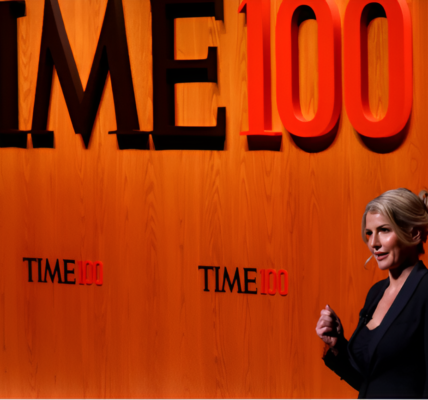
With the COVID-19 pandemic disrupting businesses worldwide, manufacturers were faced with the dual challenge of maintaining operations while keeping employees safe. With social distancing becoming essential and the need for personal protective equipment (PPE) greater than ever, many companies are quickly adapting by developing innovative solutions. Here’s how some of the manufacturing sector’s creative minds are pivoting to help fight the pandemic.
Pathfindr, a U.K.-based company known for its asset tracking sensors, has shifted its focus to combat the challenges of maintaining proper social distancing. The company originally designed sensors for tracking components during manufacturing, using technologies like Bluetooth and GPS. However, their journey to helping fight COVID-19 started with a surprising project: tracking housecats for a BBC documentary. “Cats like to sleep a lot… that was a valuable insight,” says Matt Isherwood, Pathfindr’s Managing Director, with a laugh.
That seemingly quirky project led to a breakthrough. After catching the attention of Rolls-Royce Aerospace, which was looking for a way to monitor jet engine parts across facilities, Pathfindr’s technology gained traction in the industrial world. By the time the pandemic hit, the company’s engineers were developing prototypes to help maintain social distancing. They created motion-sensitive jewelry that would alert the wearer if they reached for their face—an important gesture of self-protection.
The result: Pathfindr’s “Safe Distancing Assistant.” This small device, which uses Bluetooth and ultra-wideband radio, notifies users when another device-wearing individual comes within six feet. Positive feedback from companies like Bentley Motors and GlaxoSmithKline has helped the product gain attention. “There are real financial and human factors behind it,” Isherwood adds. These devices are playing an essential role in helping businesses get back up and running while adhering to safety protocols.
Manufacturing is often seen as a hands-on industry, with employees physically working on the shop floor. But as the pandemic continues, manufacturers are increasingly looking for ways to move operations online. “We’re seeing a large shift in spending away from traditional IT solutions towards digitization,” says Kevin Prouty, an IDC analyst who tracks the energy and manufacturing sectors. The goal is to create systems that allow employees to monitor, manage, and diagnose manufacturing operations remotely.
This transition toward remote work was already underway before COVID-19, but the pandemic has accelerated this shift. Prouty predicts that even after the pandemic subsides, about a third of manufacturing employees will still work remotely. This change could benefit social distancing efforts in the long run. “Most engineers may never return to the plant on a full-time basis,” he adds, suggesting a permanent evolution in how manufacturing operations will function.
While remote work is an option for some, not all employees can work from home. For those still required to work on-site, ensuring adequate PPE is critical. However, securing this essential gear has proven difficult due to supply chain disruptions.
Lulzbot, a 3D-printing company, is one such manufacturer stepping up to meet the PPE challenge. Using additive manufacturing—creating objects layer by layer—the company began producing customized face shields and “ear savers” (face mask extenders) when traditional manufacturing methods couldn’t keep up with the demand. “We were able to jump in and help this spring, especially before injection molders could get tooled up,” says Lulzbot CEO John Olhoft.
By 3D printing its own parts in-house, Lulzbot is able to produce face shields and other critical items quickly. The company has already supplied PPE to medical professionals, the West Virginia National Guard, and companies like John Deere, which even asked for face shield attachments that fit their iconic green-and-yellow caps. Lulzbot’s ability to continue producing supplies, as long as they have the necessary build materials like ABS plastic, has been a vital part of the ongoing pandemic response.
The innovative solutions these manufacturing companies are developing may not just be useful in a business context. Pathfindr’s Safe Distancing Assistant, priced at around $65, could potentially help maintain social distancing in other public spaces like theme parks, helping families stay together while keeping strangers apart. Isherwood suggests that the device’s alarm could even provide a polite way to ask someone to maintain their distance without causing confrontation. “It really does keep people apart,” he explains.
As the world adapts to a new normal, these companies’ contributions show how the manufacturing sector is finding inventive ways to support safety and resilience. Their ability to pivot quickly and meet the demands of a rapidly changing world is not just helping businesses survive but also setting the stage for lasting changes in how we live and work.





